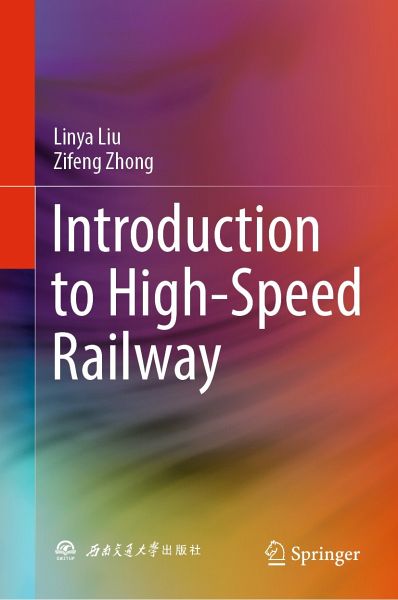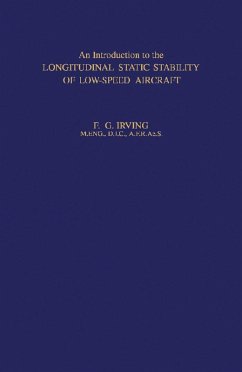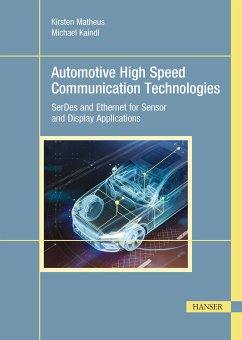
Introduction to High-Speed Railway (eBook, PDF)
Versandkostenfrei!
Sofort per Download lieferbar
160,49 €
inkl. MwSt.
Weitere Ausgaben:

PAYBACK Punkte
0 °P sammeln!
This book provides a comprehensive overview of various aspects of high-speed railways, such as infrastructure, communication signals, traction power supply, trainsets, and transportation organization. It delves into the basic concepts, fundamental theories, and the latest technological achievements in these areas, equipping readers with a strong foundation in the subject matter. The content is organized into eight chapters: Introduction, High-Speed Railway Lines and Infrastructure, Power Supply Systems, High-Speed Railway Trainsets, Signal and Communication Systems, Transportation Organization...
This book provides a comprehensive overview of various aspects of high-speed railways, such as infrastructure, communication signals, traction power supply, trainsets, and transportation organization. It delves into the basic concepts, fundamental theories, and the latest technological achievements in these areas, equipping readers with a strong foundation in the subject matter. The content is organized into eight chapters: Introduction, High-Speed Railway Lines and Infrastructure, Power Supply Systems, High-Speed Railway Trainsets, Signal and Communication Systems, Transportation Organization, Passenger Services, and Maglev Railways. Each chapter explores different facets of high-speed railway systems, focusing on the unique characteristics, design principles, and operational methodologies that set them apart from traditional railway systems. The book also highlights recent breakthroughs and innovations in the field, giving readers a glimpse of the future potential of high-speed railways.
The book is tailored to meet the needs of undergraduate and graduate students pursuing degrees in railway transportation, railway engineering, locomotive vehicles, electrical traction, signal communication, and related fields. It offers a systematic and in-depth understanding of high-speed railway systems, enabling students to grasp the subject matter and apply their knowledge to real-world situations. It can also be a training material for railway professionals looking to expand their knowledge and skills in high-speed railway systems. Furthermore, the book can be a useful reference for postgraduate students engaged in research in relevant fields. It offers a wealth of information and insights, assisting researchers in understanding the intricacies of high-speed railway systems, and exploring new avenues for innovation and improvement.
The book is tailored to meet the needs of undergraduate and graduate students pursuing degrees in railway transportation, railway engineering, locomotive vehicles, electrical traction, signal communication, and related fields. It offers a systematic and in-depth understanding of high-speed railway systems, enabling students to grasp the subject matter and apply their knowledge to real-world situations. It can also be a training material for railway professionals looking to expand their knowledge and skills in high-speed railway systems. Furthermore, the book can be a useful reference for postgraduate students engaged in research in relevant fields. It offers a wealth of information and insights, assisting researchers in understanding the intricacies of high-speed railway systems, and exploring new avenues for innovation and improvement.












